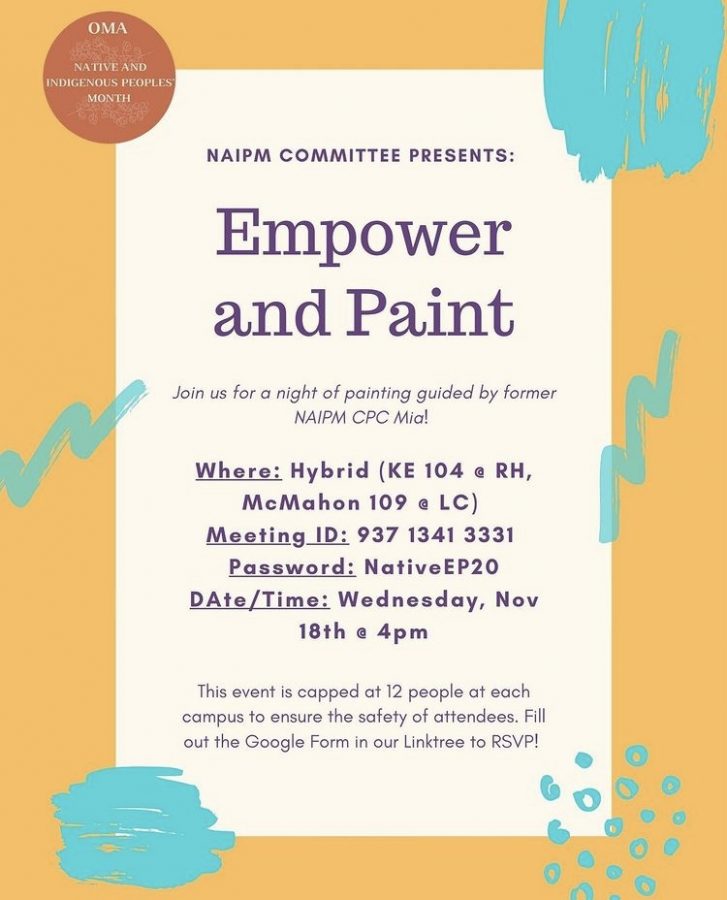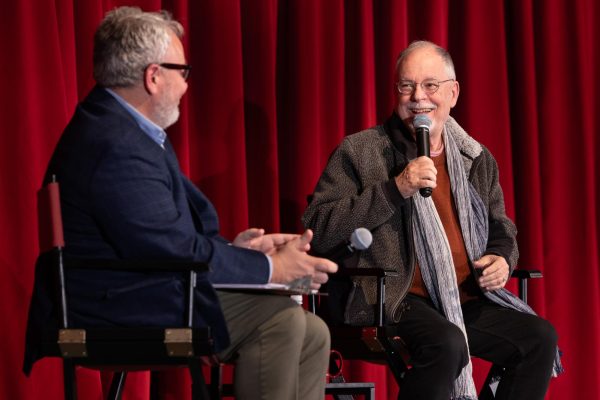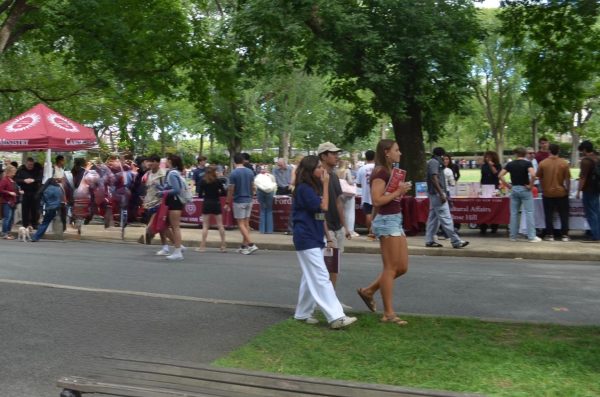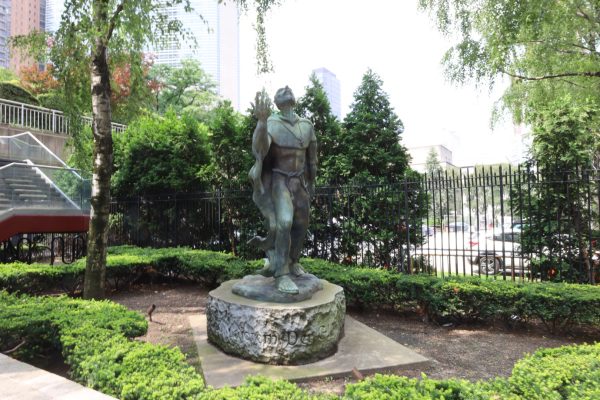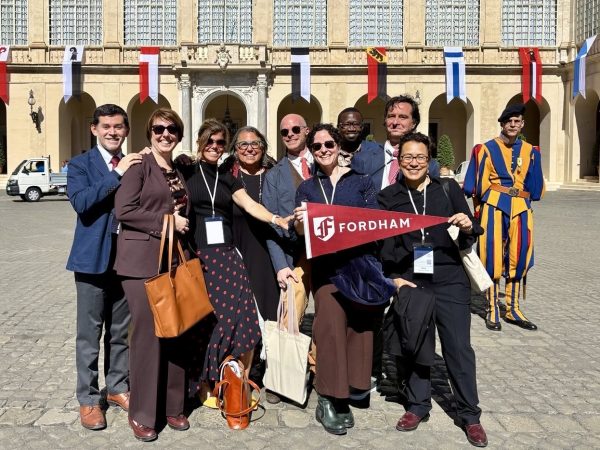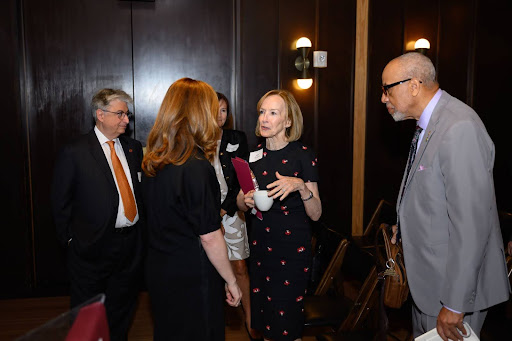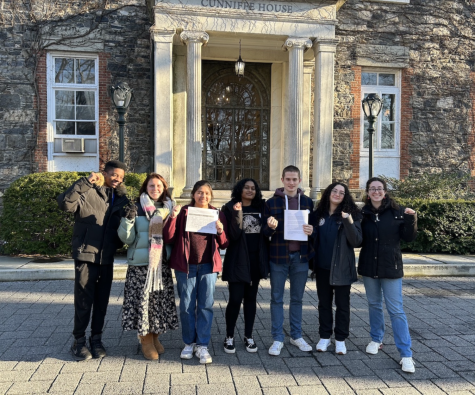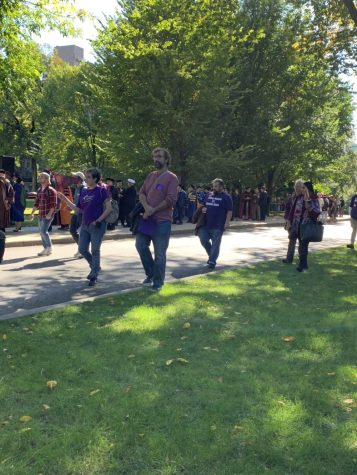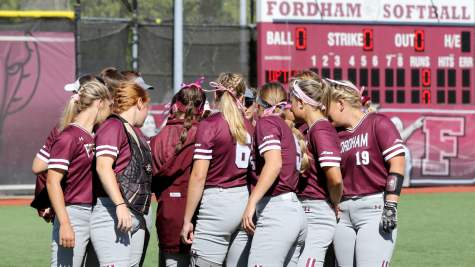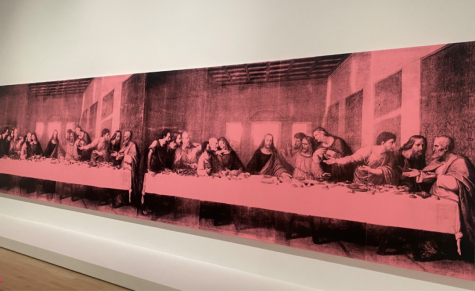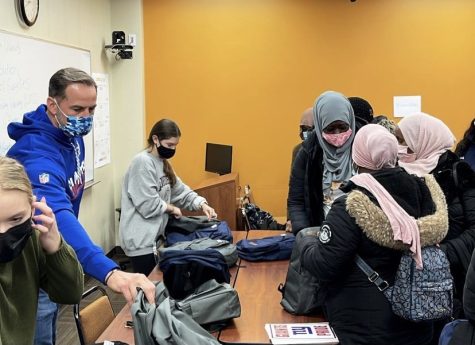OMA Hosts Native and Indigenous People’s Month
For the third year in a row, the Office of Multicultural Affairs (OMA) hosted Native and Indigenous People’s Month (NAIPM), but this time with new restrictions for COVID-19.
This year’s events included the Native American Heritage Festival and the Two-Spirit event, hosted on Transgender Day of Remembrance. According to Viviana Vera, FCRH ’22 and member of the NAIPM committee, they also hosted a movie night and discussion, as well as a paint night.
This year, the committee focused on creating events that were “safe, engaging and accessible,” according to committee member Chanelle Dortch, FCLC ’23. Only the paint night and the Native Festival were hosted in person, with limited capacity in compliance with COVID-19 restrictions. Vera said in previous years, more than 150 people have attended the Native Festival, both from Fordham and the greater community. However, this year attendance was capped, but the committee made up for it by streaming the event on Zoom. These events, as well as the rest of the events that were hosted virtually, were recorded so the committee can share them in the future, according to Vera.
Despite these restrictions, Vera and Dortch said the events were a success because of their accessibility. Connecting with people on Zoom allowed for more “meaningful” small group discussions, Vera said, and the convenience of a virtual event meant that people who were previously unable to attend on-campus events now have access to them.
Online events meant the committee had to become creative with their programming and outreach. Dortch said they utilized their Instagram account to connect with students and other committees. She said these events showed her the stark differences between in-person and virtual programming and said it will help both her and the committee to “think outside the box when it comes to [future] programming.”
Despite the challenges of hosting events that follow COVID-19’s strict physical restrictions, Vera said she thinks this year’s events have opened the door to a new form of programming in a post-pandemic world.
“It allows for students anywhere to tune in, even if they don’t come to campus that day,” she said.
Even though outreach and programming may look different this year, it doesn’t diminish the relevance of celebrating and learning about Native and Indigenous Peoples Month.
“Native and Indigenous peoples have been subjected to erasure in textbooks and media,” Vera said. “It is important to not only recognize these cultures but to also celebrate them.”
Dortch reiterated this and said that celebrating this month aims to put a spotlight on Native and Indigenous peoples and their cultures. She said she hopes that these events create a safe space for Native and Indigenous students at Fordham.
“Native and Indigenous communities are some of the most marginalized groups in the U.S.,” Dortch said. “Our guiding principles were based on representation, inclusion and allyship.”
These events are especially important this year, in light of the coronavirus pandemic. COVID-19 has been proven to disproportionately affect minority and marginalized groups. A report released by the CDC in August found that the number of confirmed coronavirus cases in U.S. Indigenous populations was 3.5 times higher than non-Hispanic whites. A press release by the CDC cited “persisting racial inequity and historical trauma” as contributing factors to health and socioeconomic disparities that have made tribal communities more susceptible to COVID-19.
According to Vera, COVID-19 has “pulled the wool off the eyes of a lot of Americans” and revealed underlying issues in the country. She said she hopes that celebrating Native and Indigenous cultures this month will bring attention to these issues.
“The problems that COVID-19 has exaggerated will only continue if we don’t work towards real change,” she said. “One way of doing that is through education, and that is what the NAIPM committee hopes to do for the Fordham community.”



































































































































































































